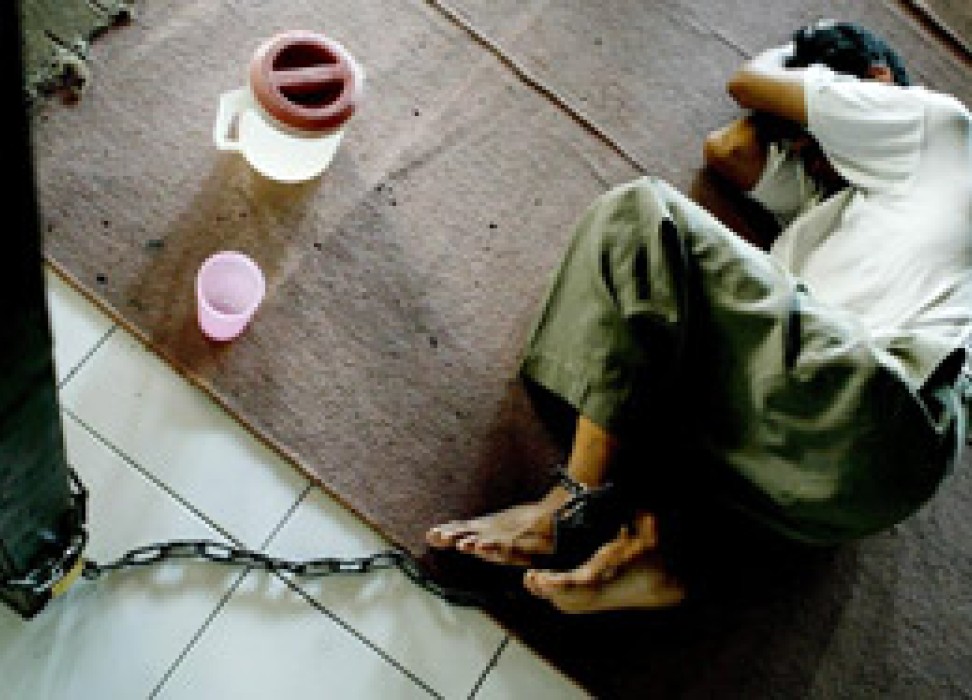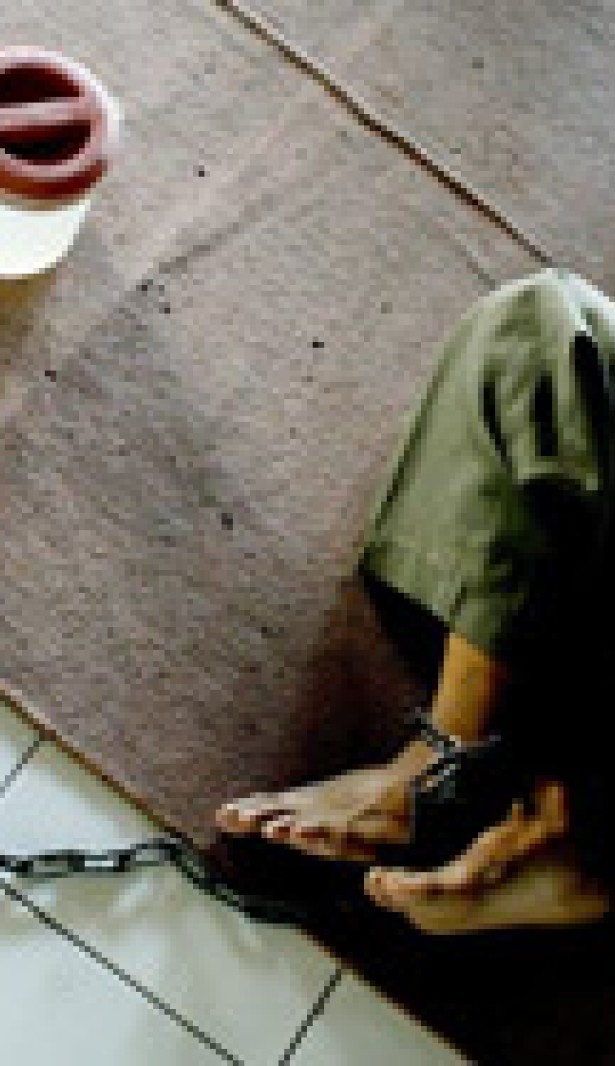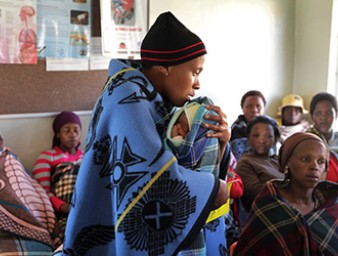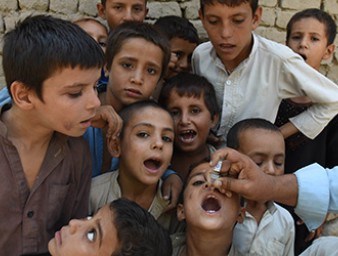Mistreatment in healthcare settings: when a carer becomes a torturer
13 March 2013

“All countries should enforce the prohibition of torture in all healthcare institutions, both public and private by, inter alia, declaring that abuses committed in the context of healthcare can amount to torture or cruel, inhuman or degrading treatment or punishment; regulating healthcare practices with a view to preventing mistreatment under any pretext; and integrating the provisions of prevention of torture and ill-treatment into healthcare policies.”
These are the main recommendations to States by the Special Rapporteur on torture, Juan Méndez, who in his latest report to the Human Rights Council analyses abuses in healthcare settings.
Méndez notes that users of illicit drugs who are detained in compulsory rehabilitation centres commonly run by the military or paramilitary, police or security forces, or by private companies, undergo painful withdrawal from drug dependence without medical assistance, or endure physical or sexual abuse. Méndez called on States to close these centres and to implement health and social services in the community.
“All harm-reduction measures and drug-dependence treatment services, particularly opioid substitution therapy, should be available to people who use drugs, in particular those incarcerated,” he recommends.
While examining gender-specific forms of torture, the Rapporteur finds a number of reproductive rights violations suffered by women, among which involuntary sterilization; forced abortions; female genital mutilation; and violations of medical confidentiality in healthcare settings.
“States should ensure that women have access to emergency medical care, including post-abortion care, without fear of criminal penalties or reprisals,” he says.
Méndez also notes that according to the World Health Organization, 83 per cent of the world population, 5.5 billion people, have no or insufficient access to treatment for moderate to severe pain. “Although relatively inexpensive and highly effective medications such as morphine and other narcotic drugs have proven essential “for the relief of pain and suffering”, these types of medications are virtually unavailable in more than 150 countries,” he says.
Severe abuses continue to be committed in healthcare settings where choices by people with disabilities are often overridden based on their supposed ‘best interests’, the Rapporteur stresses further.
“There can be no therapeutic justification for the use of solitary confinement and prolonged restraint of persons with disabilities in psychiatric institutions; both prolonged seclusion and restraint constitute torture and ill-treatment,” he says, adding that depriving a person’s liberty based on mental illness is unjustified and that respecting their legal capacity is the first step to preventing torture.
Méndez also highlights the abundance of testimonies and cases of ill-treatment of minorities and marginalized groups such as the denial of necessary health-care services to sex workers and lesbian, gay, bisexual and transgender and intersex persons; forcible anal examinations for the prosecution of suspected homosexual activities; hormone therapy and genital-normalizing surgeries under the guise of so called ‘reparative therapies’, and irreversible sex assignment.
For Méndez, the significance of categorizing abuses in healthcare settings as torture and ill-treatment and examining abuses in healthcare settings from a torture protection framework “provides the opportunity to highlight the positive obligations that States have to prevent, prosecute and redress such violations.”
13 March 2013

VIEW THIS PAGE IN:



